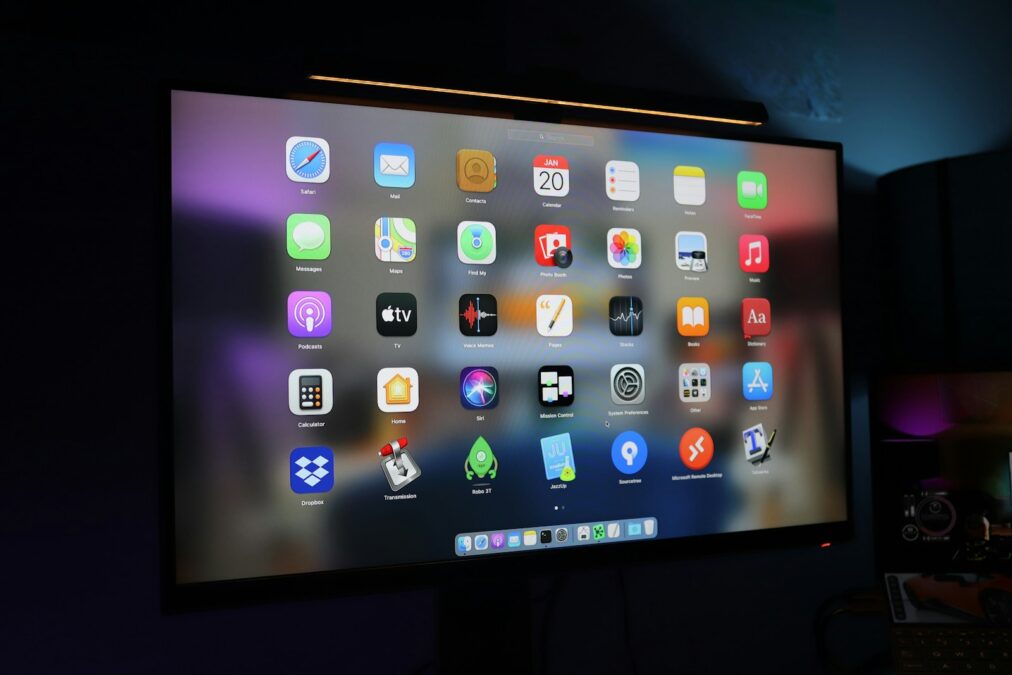Enhancing User Experiences in the Gulf: The Power of Edge Computing for Interactive Applications
In the digital age, user experience is paramount. As interactive applications become increasingly sophisticated and data-intensive, edge computing emerges as a transformative technology to deliver seamless and responsive user experiences in the Gulf region. By reducing latency, edge computing empowers interactive applications to process data closer to the user, leading to faster response times, smoother interactions, and enhanced overall performance.
The Latency Challenge: A Barrier to Interactive Experiences
Interactive applications, such as online gaming, virtual reality, and augmented reality, rely on real-time data processing and transmission to deliver immersive experiences. However, the traditional cloud computing model, where data is sent to centralized servers for processing, introduces latency that can hinder the user experience. Delays in data transmission can cause lag, interruptions, and a less-than-ideal user experience, especially in applications that demand immediate responses.
Edge Computing to the Rescue: Real-Time Processing at the Edge
Edge computing addresses the latency challenge by bringing computation and data storage closer to the user, at the “edge” of the network. By processing data locally on edge servers or even on the user’s device, latency is significantly reduced. This enables interactive applications to respond to user inputs in real-time, resulting in smoother interactions, reduced lag, and an overall more enjoyable user experience.
The Gulf’s Digital Landscape: A Fertile Ground for Edge Computing
The Gulf region, with its rapid technological advancements and burgeoning digital economy, is a prime candidate for leveraging edge computing to enhance user experiences in interactive applications. The region’s investment in 5G networks and its focus on digital transformation provide a fertile ground for the deployment of edge computing infrastructure. From gaming and entertainment to education and healthcare, various sectors in the Gulf can benefit from the improved performance and responsiveness of interactive applications enabled by edge computing.
Beyond Gaming: Edge Computing’s Impact on Interactive Applications in the Gulf
While online gaming is a prominent example of an interactive application that benefits from edge computing, its impact extends to various other domains in the Gulf. In the realm of education, virtual and augmented reality applications powered by edge computing can provide immersive and interactive learning experiences for students. In healthcare, edge computing can enable real-time monitoring and analysis of patient data from wearable devices, facilitating timely interventions and personalized care. In the retail sector, edge computing can enhance customer experiences through interactive displays, personalized recommendations, and augmented reality shopping assistants.
The Road Ahead: Edge Computing as a Catalyst for Innovation
As the Gulf region continues its journey towards a digital future, edge computing will play an increasingly important role in shaping the landscape of interactive applications. By enabling real-time processing and reducing latency, edge computing unlocks new possibilities for innovation and user engagement. From the development of next-generation gaming experiences to the creation of immersive educational and healthcare applications, edge computing is poised to revolutionize the way people interact with technology in the Gulf and beyond.
The Future of Work and Play: Edge Computing Enhances Collaboration and Productivity
With the rise of remote work and hybrid work models in the Gulf, edge computing can enhance collaboration and productivity by enabling seamless and responsive interactive experiences. Video conferencing applications powered by edge computing can deliver high-quality audio and video with minimal lag, ensuring smooth and productive virtual meetings. Collaborative tools such as virtual whiteboards and shared workspaces can also benefit from edge computing’s real-time processing capabilities, fostering creativity and innovation among geographically dispersed teams.
#edgecomputing #interactiveapplications #userexperience #latency #Gulfregion #realtimeprocessing #cloudcomputing #5Gnetworks #digitaltransformation #innovation

